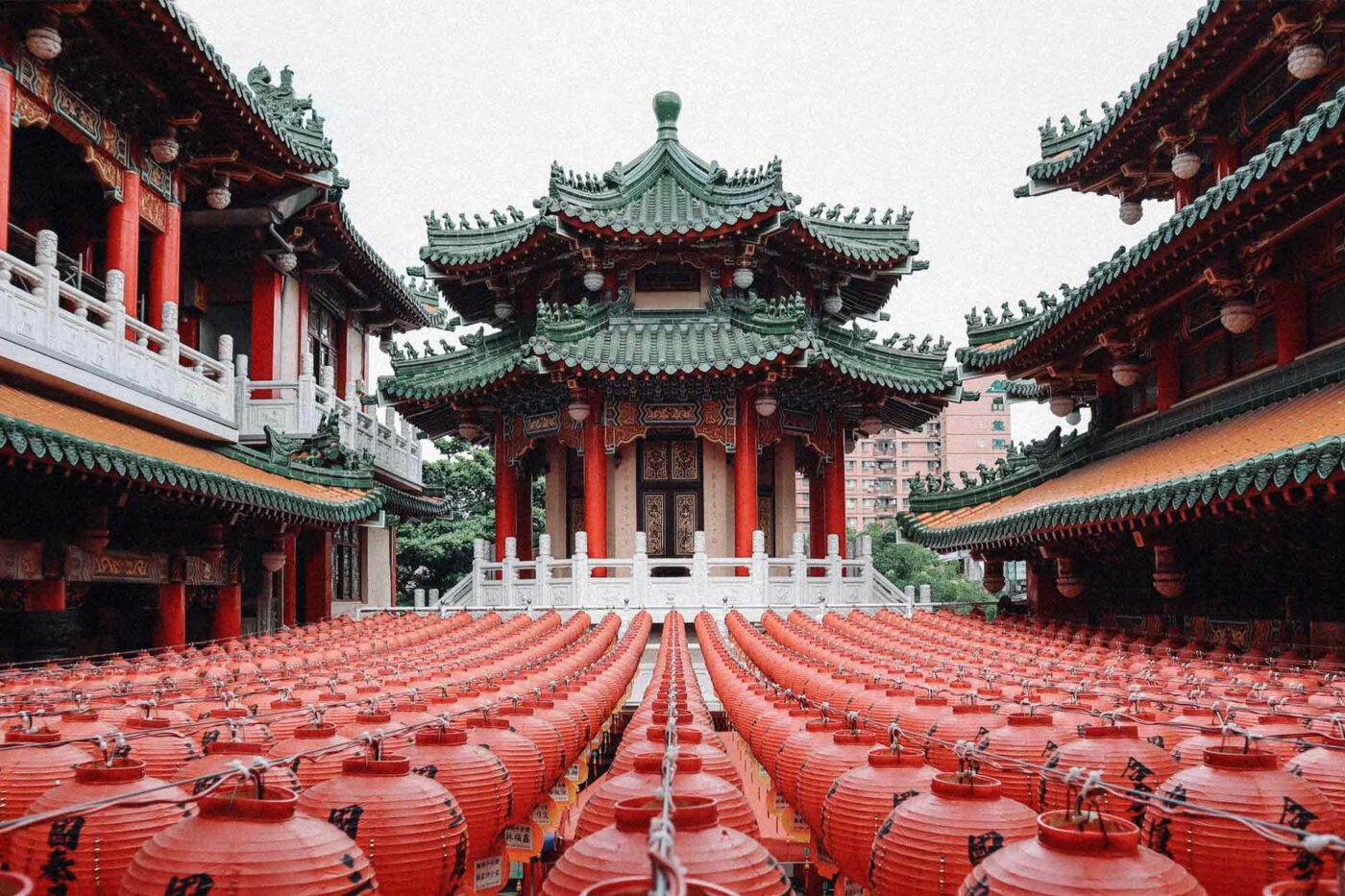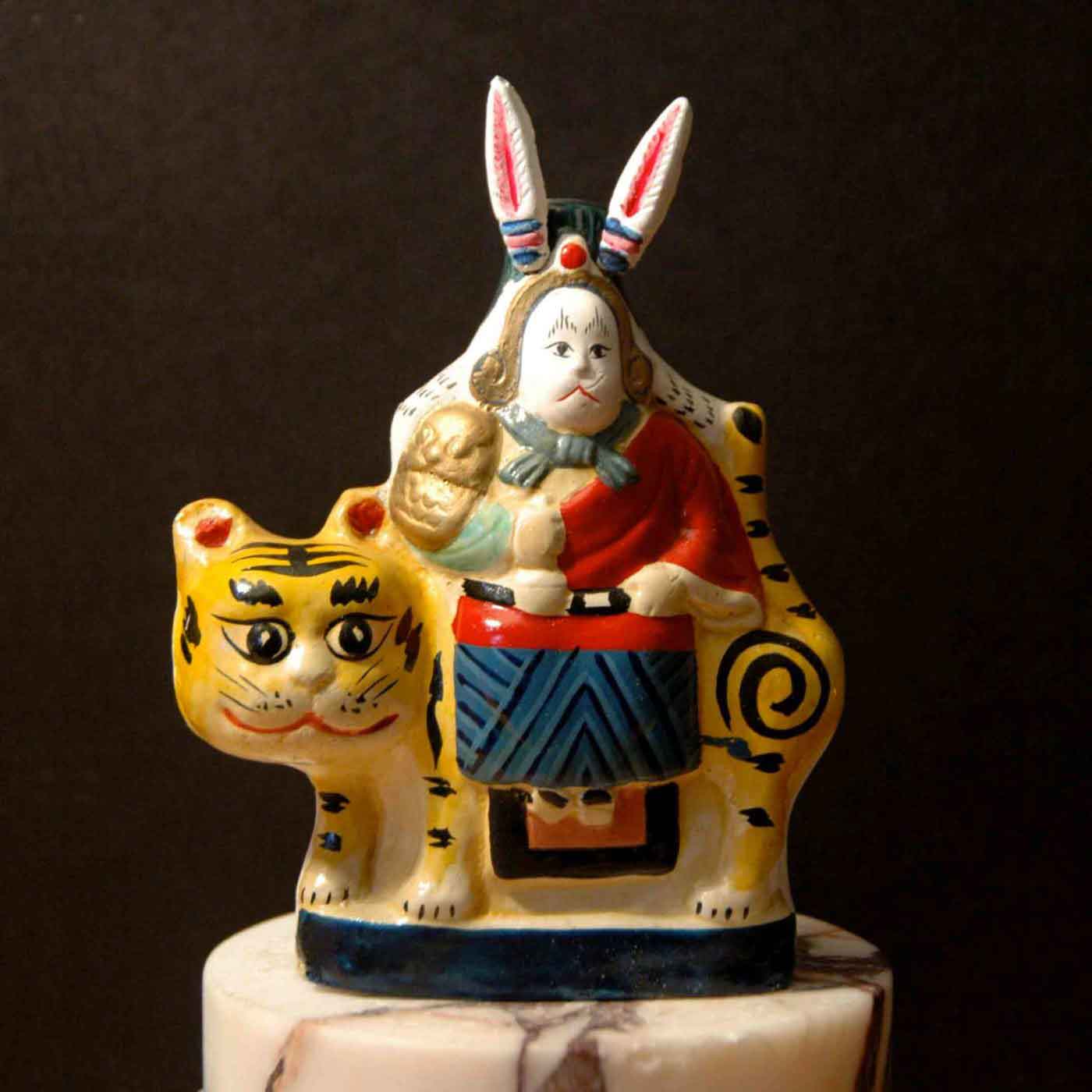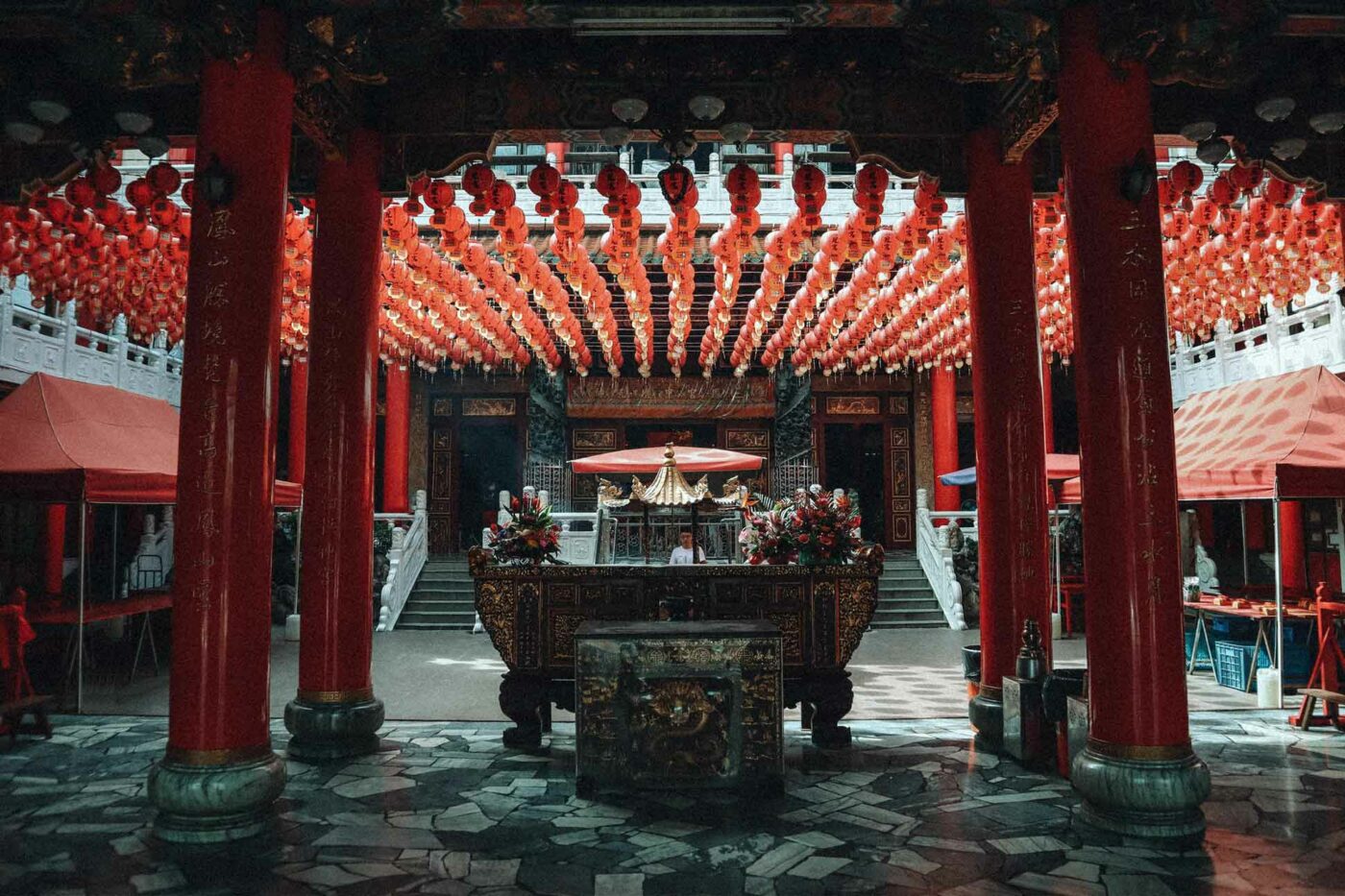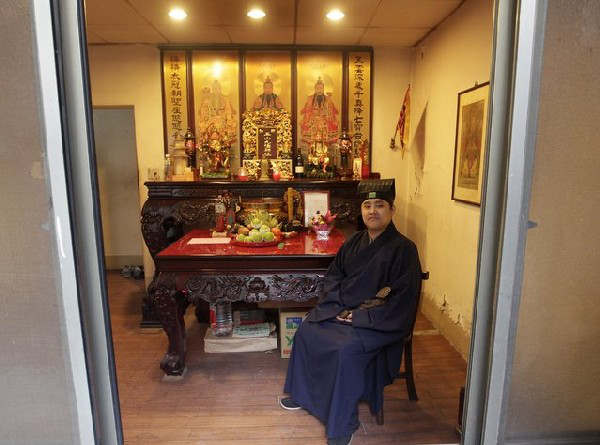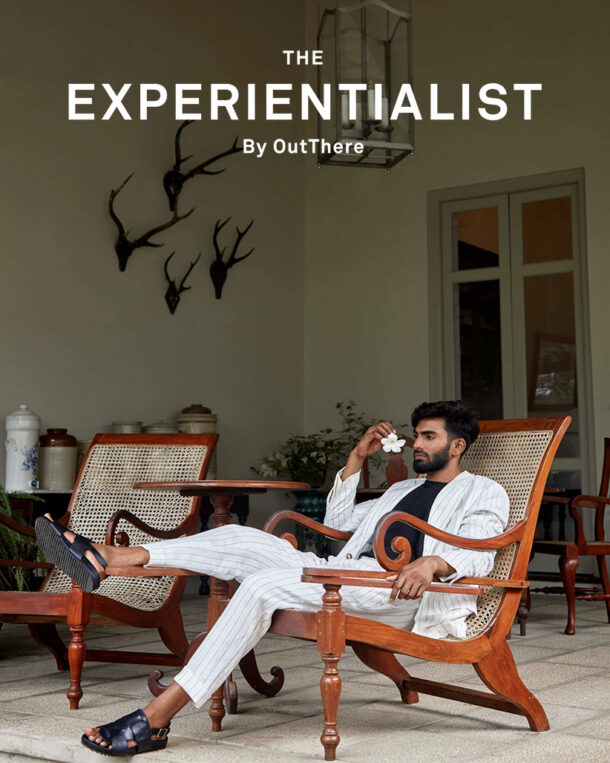Celebrating the year of the rooster, Uwern Jong reflects on the layered meanings of Taoist and Buddhist deities.
Today, I returned home to my motherland – like billions of other people of Chinese descent across the world – to celebrate the arrival of the year of the Rooster (or as my dad would say ‘Year of the Cock’ – often glaring in the direction of less liked relatives) and the Lunar New Year.
My family isn’t really a religious one, but like many immigrant Chinese families, they sit culturally somewhere between Taoist and Buddhist – taking the ceremonial traditions of each and creating colourful and meaningful celebrations.
Every family and Chinese Community (existing in most countries in the world, as we people do tend to get around) will celebrate a little differently of course – and for tourists who want to experience it, it really depends on where you choose to spend it – no two experiences are the same. The most authentic celebrations will naturally be in Asia. In China, for example, they call it the Spring Festival (as all religious and pagan significance of the Lunar New Year was quashed in Mao’s Cultural Revolution) and you’ll find its major cities completely empty as people escape to their hometowns to spend it with family. In more multi-cultural Asian countries like Taiwan, Malaysia and Singapore, it is often celebrated with some fanfare and all are invited to share in its revelry. In places like Vancouver or London, the celebrations tend to be limited to Chinatown. But rest assured, wherever you go where there are Chinese people, there is bound to be much merriment as they see in a new Zodiac animal.
The Year of the Rooster is a bit of a strange one – there isn’t much religious symbolism in the only bird in the Chinese Zodiac. Chinese astrologers will tell you that Rooster years are never boring though, so those with a spirit of wanderlust (and even those without) can expect some travel action. But Rooster years are also naturally colourful and often dramatic, so it’s best to keep your affairs organised and in check. It is also an important year for love, romance and other mischiefs – the Rooster is also a symbol of fertility, virility and sexuality –particularly for those of Fujian descent (Hokkien dialect speakers – which accounts for a lot of Taiwan, Malaysia and Singapore, among others).
This is why, in some Taoist shrines and temples in these countries, you will sometimes see a brass rooster on the altar and in some cases, you might see it sitting beside a statue of the Rabbit God. It probably won’t surprise you that rabbits are also sexual symbols in Chinese mythology – but you may be interested to know that the Rabbit God is actually the deity of same-gender relationships and love. In these temples, you will also see a tapestry of men locked in embrace, a demonstration of ‘brotherhood’ so to speak, but others in the know will interpret it in a completely different way. On the eve of the Lunar New Year, worshippers will make offerings to both rooster and rabbit in hope that the year ahead would bring them much luck in love.
In a 17th-century folk tale in a famed classical book “The Master Would Not Discuss”, a soldier falls in unrequited love with an extremely handsome provincial official and spied on him to see him naked. Like all such stories, he got caught and the official had the soldier executed, but he returned from the dead in the form of a rabbit, in the dream of a village elder. The deity claimed that since his crime was one of love, the underworld officials decided to right the injustice by appointing him a god. The rabbit spirit goes on to demand that the local men build a temple to him where they can burn incense in the interest of “affairs of men”. The men went on to do so and a secret cult grew from its foundations and spread to other districts in Fujian, so rife and powerful in the 18th century that the Chinese Imperial Court banned it and ‘rabbit’ became a derogatory term for gay people.
In this cult, male ‘marriages’ often occurred, described as the ‘brotherhood. Often, an older man whole unionise his relationship with a younger man, paying a dowry to the family of the younger man. The bit about brotherhood goes out the window when recent historical documents emerged that handsome men and virgins fetched a higher dowry. The ceremony commemorating the union had full wedding rituals and the younger man would move in with the older to learn how to be a man (take that however you must).
If you ever find yourself in Taiwan around this time of year, be sure to stop in at a special “Wei Ming” shrine, purely dedicated to the gay Rabbit Deity in a neighbourhood just outside old Taipei. You’ll find many local gay people there praying for luck in love and acceptance for the year ahead – although if everything goes to plan, their prayers will be answered very soon. Taiwan is looking like it will be the first country in Asia to allow equal gay-marriages.
For more travel information about Taiwan, visit www.welcome2taiwan.net.
Photography courtesy of Welcome2Taiwan


